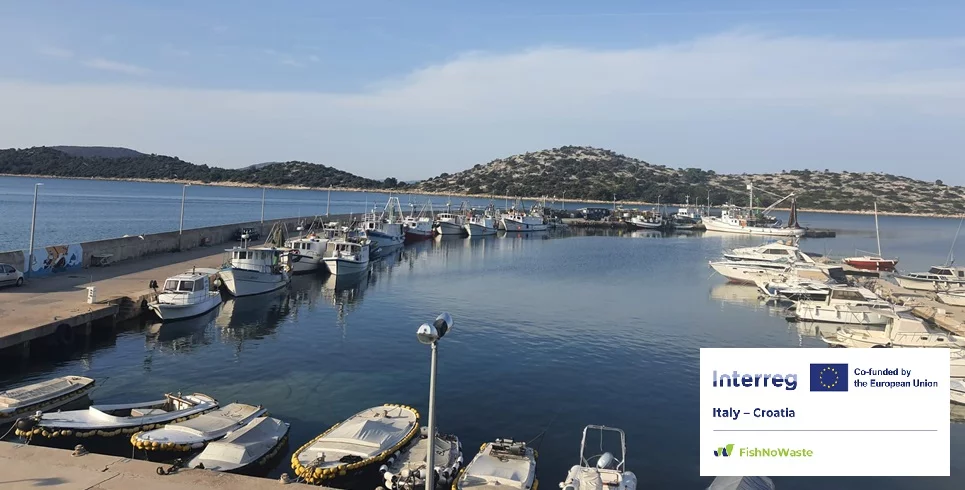PROGRAMME:
INTERREG (Interreg VI-A) Italia – Croatia
PROJECT TITLE:
Waste reduction and management in fishing ports of the Adriatic Sea to promote sustainable fisheries
ACRONYM:
FishNoWaste
DURATION:
01/02/2024 – 31/07/2026
TOTAL BUDGET:
2.407.914,74 €
TOTAL erdf BUDGET:
1.926.331,79 €
Waste reduction and management in fishing ports of the Adriatic Sea to promote sustainable fisheries
Marine Litter (ML) is recognized as a global issue threatening coastal and marine ecosystems around the world. Fishing activities represent an important source of marine litter releasing various forms of debris, directly or indirectly, into the sea but can also be an important resource for reducing litter both through their ordinary activities and specifically targeted initiatives such as ‘Fishing for Litter’. The Adriatic Sea, due to its partially enclosed nature, the socio-economic importance of its fisheries, and the abundance of fishing ports along its coasts, is particularly vulnerable to ML, of which it is considered a hotspot. Here a coordinated, synergistic strategy covering both Adriatic coasts and involving the fishery sector, aiming to reduce the generation and release of waste and facilitate litter collection and disposal would be crucial to preserve the marine environment and its biodiversity under siege by multiple local human pressures and climate change.
The FishNoWaste project aims at enhancing the protocols for waste reduction (with a special focus on plastic), collection and management, including reuse and recycling, in Adriatic fishing ports through the development and implementation of good practices and innovative techniques and materials, with the involvement of key fishery related stakeholders including fishers themselves. The project will connect research institutions, fisher associations, fish market and port authorities, municipalities and scientific communication NGOs from Italy and Croatia with the specific aims of comprehensively monitoring the debris caught during fishing activities and generated in fishing ports, replacing plastics in fishing vessels and ports with eco-compatible and reusable materials, implementing a novel, more circular waste management model, performing a widespread communication and dissemination campaign on the importance of a correct waste management, and providing strategic management and policy advice on these issues. The network of partners and stakeholders of this project will represent the foundation for an effective basin-wide strategy to reduce marine litter.
Project specific objectives:
• identify the state of the art, issues and definition of effective models of waste management in fishing ports
• design, test and develop shared waste management models and pilot implementation
• education and awareness raising on waste management, reduction, reuse and recycling
• develop a joint strategy by involving local and national authorities to co-design synergistic, circular-economy-based waste management policy and management recommendations to limit plastic use and reduce waste production in fishing ports and related activities, and promote fishing for litter
Project main outputs:
• defining an effective and sustainable operational waste management model for fishing ports
• pilot activities designed and implemented in four target ports
• solutions up-taken in target ports
• joint training scheme
• public events
• development of a joint strategy to limit litter production and plastic use in fishing activities and promote fishing for litter activities
Partners
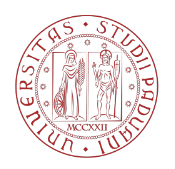
LEADING partner
University of Padua, Department of Biology
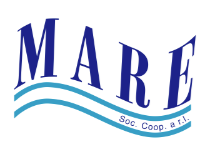
Projektni partner
M.A.R.E. Cooperative Company with Limited Liability
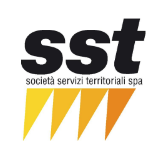
PROJECT partner
Territorial Services Company S.p.A.
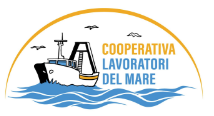
PROJECT partner
Workers of the Sea Cooperative Company with Limited Liability
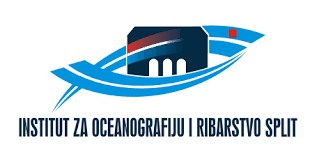
PROJECT partner
Institut za oceanografiju i ribarstvo
Šetalište I. Meštrovića 63, 21000 Split
www.izor.hr

PROJECT partner
Public Institution RERA SD for coordination and development of Split Dalmatia County

PROJECT partner
Association for Nature, Environment and Sustainable Development Sunce
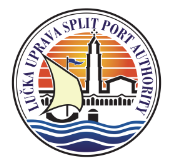
PROJECT partner
Port Authority of Split
Contacts:
News:
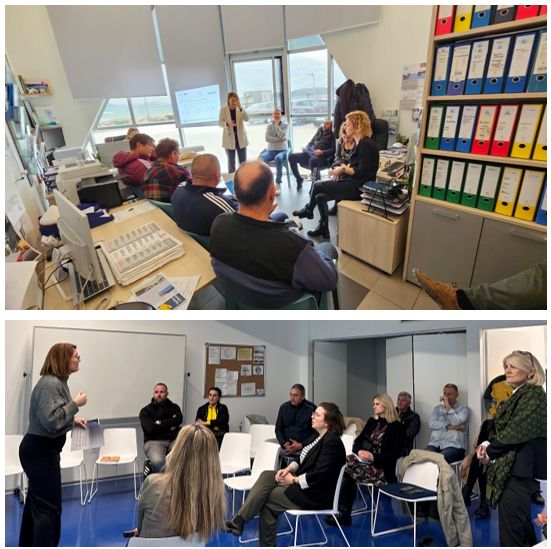
Workshops Held with the Fishing Sector
Targeted workshops were held on January 22nd and 28th, 2025, in Brižine and Tribunj, where fishermen and other related stakeholders discussed environmental protection challenges and the reduction of marine litter. During these meetings, fishermen highlighted key issues they face, particularly regarding the disposal of passively caught waste. The importance of collaboration among all stakeholders, including fishermen, port authorities, local governments, and utility companies, was once again emphasized as key to the long-term solution of marine litter issues and the preservation of the Adriatic Sea. Read more at the link.
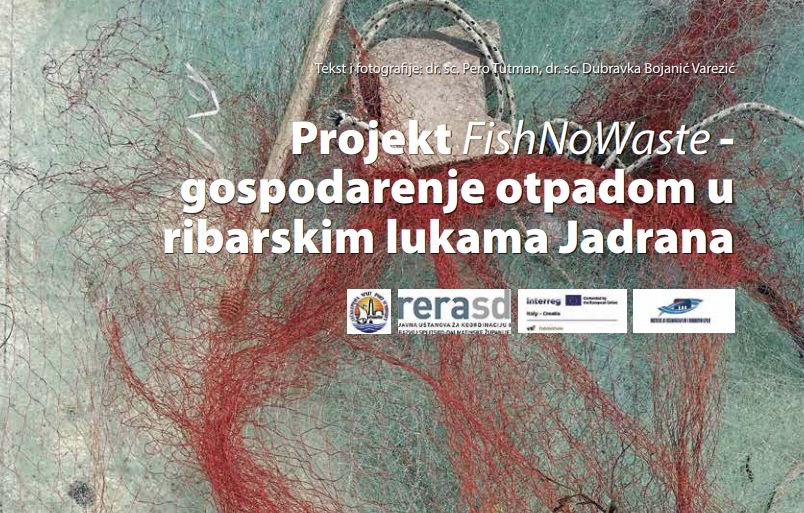
Article about the project
An article about the project was published in the Hrvatska Vodoprivreda magazine. You can view this issue of the magazine at the link.
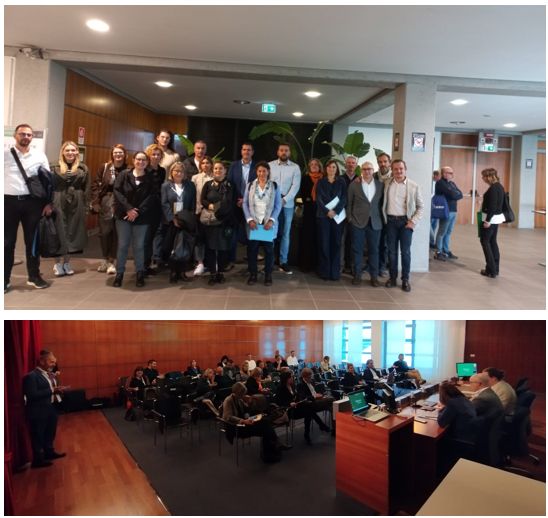
Project Meeting and Conference in Rimini
A project meeting and public event in the form of a thematic conference were held in Rimini on November 7th and 8th, 2024, as part of the Ecomondo fair, an Expo for green technologies. At the thematic conference titled “Reducing Waste and Waste Management in Fishing Ports to Promote Sustainable Fishing,” Dubravka Bojanić Varezić presented the Tribunj Fishing Port as an example of best practices in Croatia. Read more at the link.
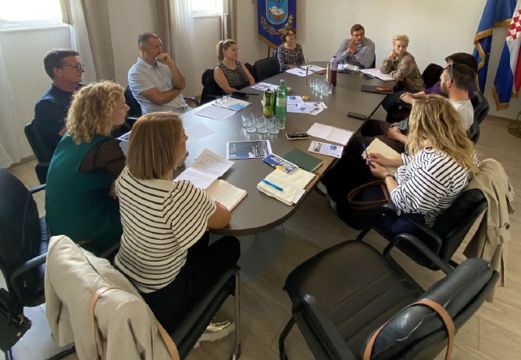
Roundtable in Tribunj
On September 17, 2024, a roundtable on comprehensive waste management and collection in fishing ports, as well as the implementation of planned activities under the FishNoWaste project in Croatia, was held at the Municipality of Tribunj. The meeting was moderated by representatives from the Institute of Oceanography and Fisheries, Pero Tutman and Dubravka Bojanić Varezić. Read more at the link.
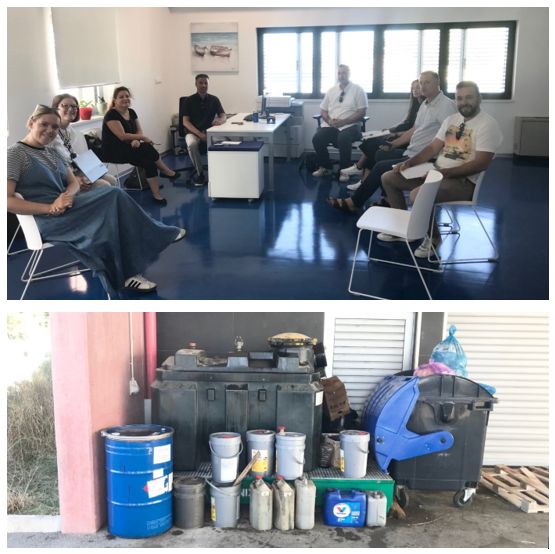
Meeting of Croatian partners in Brižine
On 10th of September 2024, representatives of Croatian partners involved in the FishNoWaste project from the Institute of Oceanography and Fisheries, JU Rera S.D., Sunce Association, and the Port Authority of Split, gathered at the Brižine fishing port, one of the four pilot areas where project activities will be carried out. Before the meeting, participants visited the fishing port to familiarize themselves with the existing infrastructure, as well as the operations of the port and the Fishermen’s Cooperative Friška Riba. The purpose of the meeting was to share updates on the activities carried out by each partner, present the progress made so far, and discuss the next steps to ensure the successful implementation of the project’s goals in the upcoming period.
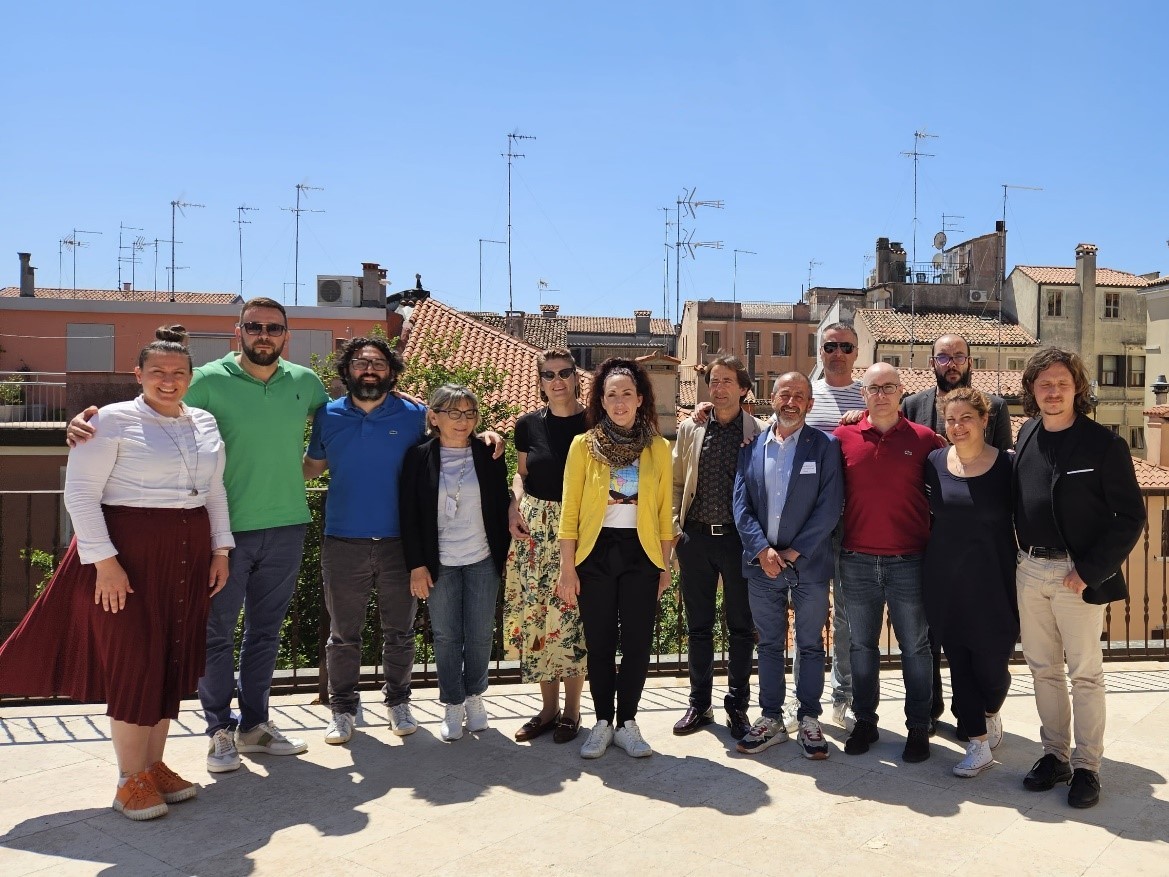
Kick-off Meeting in Chioggia
The kick-off meeting of the project, as well as a public event, were held in Chioggia, Italy, on May 9th and 10th. The conference brought together project partners, representatives of local government, universities, fishing associations, and environmental experts from Italy and Croatia. Dubravka Bojanić Varezić presented the long-standing collaboration between the Institute of Oceanography and Fisheries from Split and the Fishing Cooperative Adria from Tribunj through a series of projects, highlighting the importance of educational activities aimed at students and youth, as well as cooperation with local fishermen in reducing marine litter. Read more at the link.
